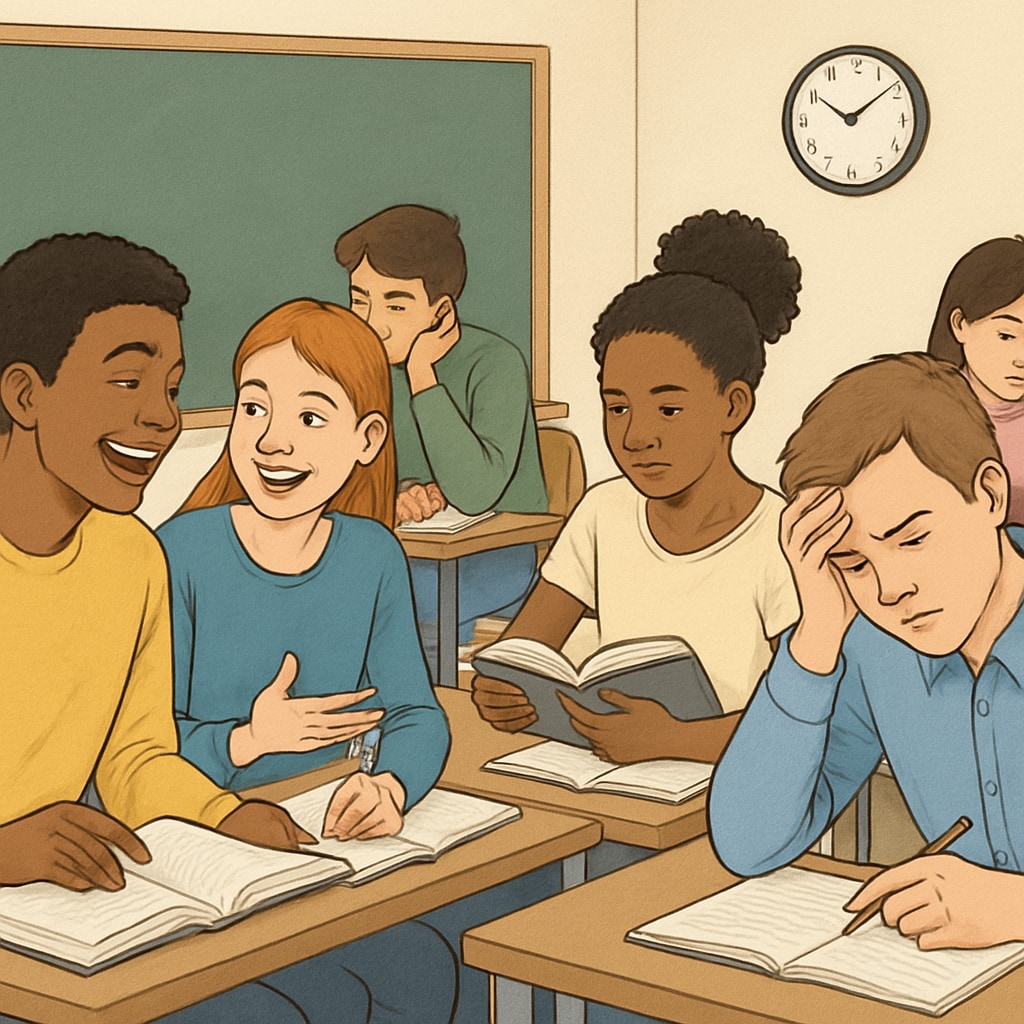The “genius” label, often used in education to highlight exceptional students, may seem complimentary at first glance. However, this label frequently leads to negative consequences, including psychological pressure and self-doubt. By examining the implications of such labeling, we can better understand its hidden traps and work toward creating an equitable educational environment for all students.
The Double-Edged Sword of the “Genius” Label
The “genius” label is often applied with good intentions. Teachers and parents may hope to encourage students by acknowledging their talents. However, this label carries hidden costs. For the student labeled as a “genius,” it creates high expectations that they feel compelled to meet. The pressure to consistently outperform others can lead to anxiety, stress, and even burnout.
Moreover, this label can limit a student’s willingness to take risks. For example, they might avoid challenging tasks for fear of failure, which could tarnish their reputation as a prodigy. As a result, the “genius” label can stifle creativity and growth rather than fostering them.

How Labels Impact Other Students
While the individual carrying the “genius” label may face significant challenges, other students are also affected. When one child is singled out as extraordinary, it can unintentionally communicate to others that they are less capable or valuable. This can lead to feelings of inferiority, reduced self-esteem, and disengagement from learning.
In classrooms where labels like “genius” are emphasized, a competitive atmosphere often arises. Students who feel overshadowed by their “gifted” peers may conclude that academic success is unattainable for them. This creates a divide in the classroom, where collaboration is replaced by resentment and self-doubt.

Rethinking Educational Labels
Instead of focusing on labels, educators and parents should emphasize the learning process. Growth mindset, a concept popularized by psychologist Carol Dweck, encourages students to value effort and improvement over innate ability. By shifting the focus from fixed attributes like genius to adaptable skills, we can create an inclusive environment that promotes growth for all students.
Additionally, teachers can adopt more individualized approaches to education. Recognizing each student’s unique strengths and challenges allows for tailored support without resorting to restrictive labels. This strategy not only fosters confidence but also encourages students to explore their potential without fear of judgment.
A Call for Change: Building an Inclusive Future
Education systems must take deliberate steps to avoid the pitfalls of labeling. This involves training educators to recognize the unintended consequences of terms like “genius” and equipping them with tools to support diverse learners. Schools can also implement policies that celebrate achievements collectively rather than singling out individuals, fostering a sense of community and mutual support.
In conclusion, the “genius” label, while seemingly innocuous, carries significant risks. It can burden students with unreasonable expectations and alienate their peers. By shifting our focus from labels to growth, we can create an educational system that values every child’s journey and potential.
Readability guidance: This article uses concise paragraphs, clear transitions, and avoids excessive jargon to ensure accessibility. The use of examples and lists enhances comprehension.


